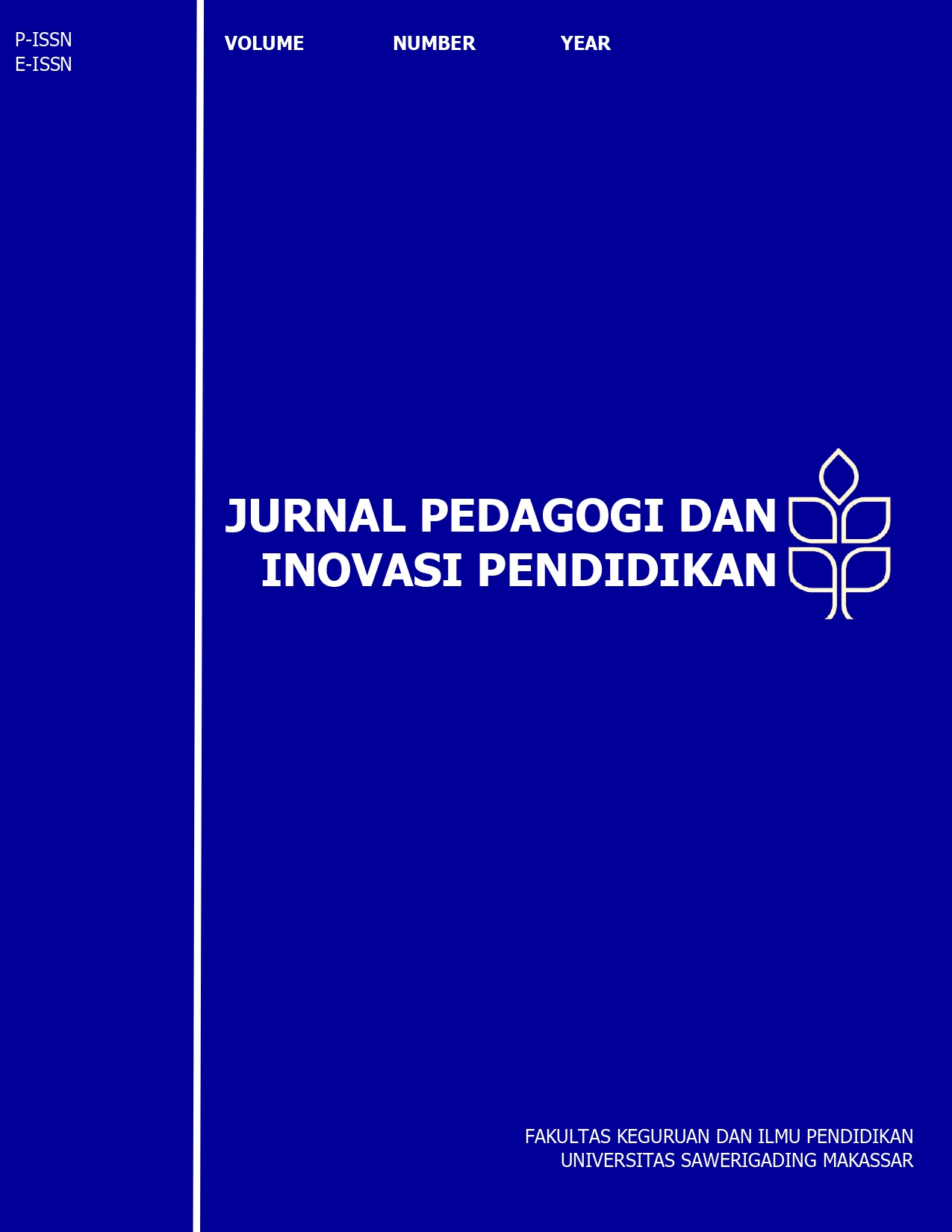Gamified Learning Evaluation: Aligning Motivation Theories with Innovative Teaching Strategies
Keywords:
Gamification, Innovative teaching, Motivation theoryAbstract
The evolving paradigm of 21st-century education necessitates the adoption of innovative instructional strategies that prioritize not only academic performance but also foster learner motivation and engagement. One increasingly popular approach is gamification, which involves incorporating game-based elements into non-game educational contexts. This study aims to assess the implementation of gamification in primary education through a systematic review of empirical studies, focusing on its effectiveness in bridging classical motivation theories with contemporary teaching practices. Employing a Systematic Literature Review (SLR) methodology, 25 peer-reviewed articles published between 2015 and 2024 were analyzed to identify commonly utilized gamification elements, theoretical frameworks, and pedagogical outcomes. The findings indicate that gamification significantly enhances students' intrinsic motivation and active engagement, particularly when aligned with psychological theories such as Maslow’s Hierarchy of Needs, Deci and Ryan’s Self-Determination Theory, and Vroom’s Expectancy Theory. Game elements like points, badges, leaderboards, and challenges contribute to creating an engaging learning environment and improving educational outcomes. However, the effectiveness of gamification is closely tied to the quality of its instructional design, which must be grounded in sound motivational principles. The study concludes that gamification serves as a strategic pedagogical tool that not only enriches student engagement but also operationalizes motivation theories into meaningful and impactful teaching practices.
Downloads

Downloads
Published
Issue
Section
License
Copyright (c) 2025 Jurnal Pedagogi dan Inovasi Pendidikan

This work is licensed under a Creative Commons Attribution-NonCommercial-ShareAlike 4.0 International License.



